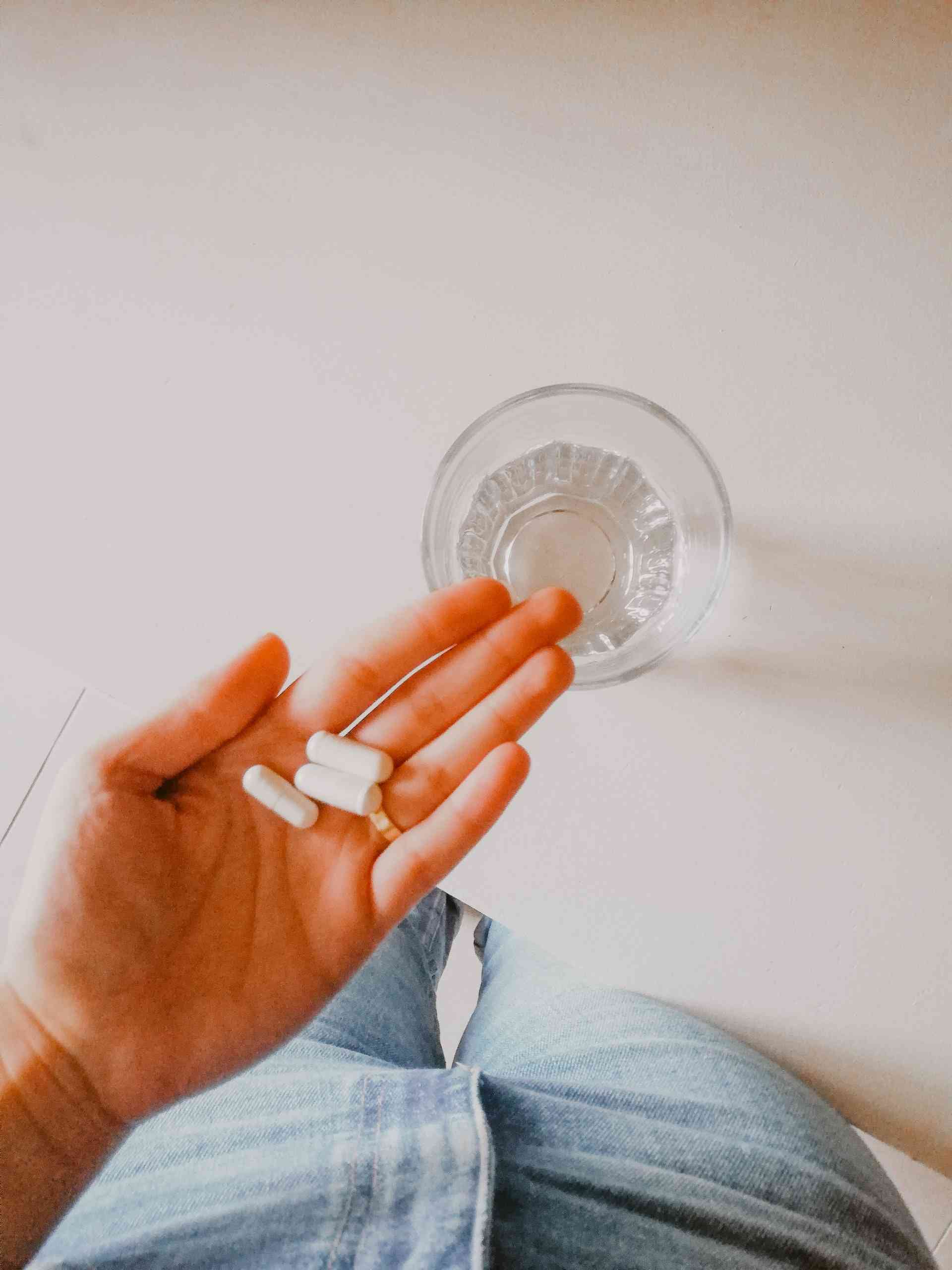Introduction
The market for herbal health goods and supplements has grown over $1 billion. A plant or component of a plant that people use to try to stay healthy or to treat ailments and disorders is known as a herb or botanical. A form of dietary supplement known as a herbal health product or supplement—also known as a botanical product—contains one or more herbs. You can express your thoughts at the Write For Us Natural Health category.
Best Supplements
The best supplements are-
Vitamin D
According to the NIH, vitamin D helps the body absorb calcium and is essential for good health and wellbeing. It also holds the potential of protecting bones and warding off bone conditions like osteoporosis. Because getting enough vitamin D from food can be challenging (or perhaps impossible) for some people, supplements are very common. The Centres for Disease Control and Prevention (CDC) also notes that while vitamin D is produced by our bodies when bare skin is exposed to direct sunlight, the amount of vitamin D that many of us obtain from sun exposure has been reduced due to increased time spent indoors and the widespread use of sunblock as a necessary measure to prevent skin ageing and skin cancer. Nevertheless, some people, including those at risk of deficiency, may benefit from vitamin D supplements.
Calcium
A strong skeleton requires calcium, but like with all nutrients, too much calcium can be hazardous. According to the NIH, adults aged 19 to 50 who take more than 2,500 mg daily or adults aged 51 and older who take more than 2,000 mg daily may experience issues. Although data is conflicting, the Cleveland Clinic notes that hazards associated with calcium supplements include atherosclerosis, or the hardening of the arteries, and an increased risk of heart disease. Dr. Millstine suggests, "Get calcium from your diet if you can," pointing out that studies have shown that calcium is more effectively absorbed through food than from supplements. In a study, scientists examined the calcium consumption of 5,450 healthy adults and examined their hearts for calcium deposits linked to it.
Multivitamins
Do you believe that leading a healthy lifestyle calls for regular supplementation with many vitamins and minerals in addition to consuming wholesome foods, exercising, and getting enough sleep? You might be surprised to learn that the verdict is still out on their usefulness given that the NIH estimates that one-third of American adults and one-quarter of young people take them. One study that looked at data from around 40,000 women over the age of 19 who participated in the Iowa Women's Health Study and was published in the journal JAMA Internal Medicine discovered that, on average, women who used supplements had a higher risk of early death than women who did not take supplements. No or very little protection from common malignancies, cardiovascular disease, or death was provided by multivitamins.
The Bottom Line
These supplements may have significant physiological effects. However, the Food and Drug Administration (FDA) does not have any control over them. They come in a variety of forms, including as powders, liquids, capsules, and tea bags.








0 Comments